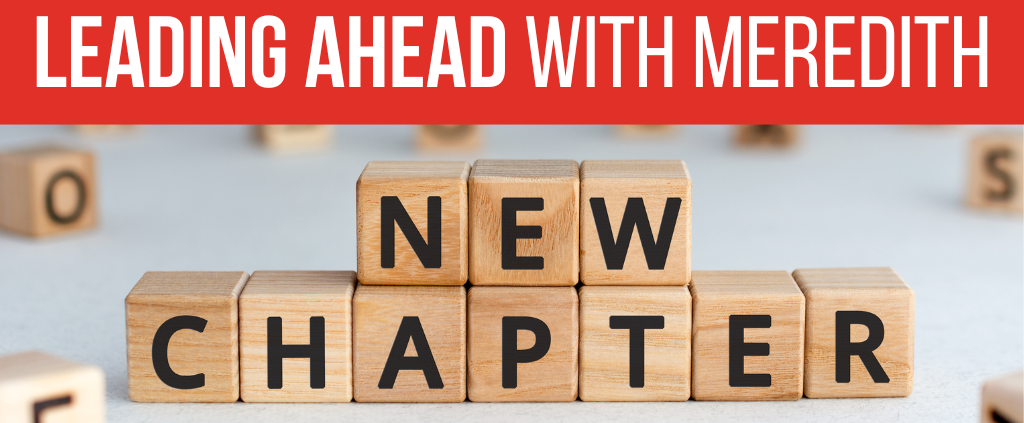The St. Louis Area Foodbank Sends Delegate to the National Anti-Hunger Policy Conference and Lobby Day

At the end of February, I took a trip to our nation’s capital to attend the National Anti-Hunger Policy Conference organized by the Food Research & Action Center and our national organization, Feeding America. During the conference, I connected with leaders in the anti-hunger movement, sharpened my advocacy skills, and took some time to think critically about the systemic conditions that lead some of our neighbors into poverty and food insecurity.
Here are a few highlights:
- Language Matters. It’s easy to think about people facing food insecurity as “needy” or “people that we serve.” But the truth is, the families accessing our resources face huge challenges – racism, economic injustice, physical disabilities and health problems, unemployment, underemployment, limited educational opportunities, burdensome housing costs, and more – with resilience and creativity. As an anti-hunger organization, these individuals aren’t just clients. They’re experts with lived experiences, and their unique perspectives provide crucial insights that make fighting and eliminating hunger possible.
- Constituents make the best Anti-Hunger Advocates. Studies show – not to mention my own experience with state or federal legislators – that lawmakers really do care about their constituents’ opinions, concerns, and suggestions. Many people believe that policy is controlled by lobbyists and special interests, and while they do play a part, lawmakers and their staff consistently report that constituent input heavily influences decision-making. What does that mean? Your voice and your political engagement matters. (Sign up for our emails below to receive action alerts and to learn more about your role in anti-hunger advocacy!)
- Federal Nutrition Programs are at risk of cuts, but we CAN do something about it. The Supplemental Nutrition Assistance Program (or SNAP, formerly known as Food Stamps) has been the topic of considerable debate on Capitol Hill. From major cuts to substantial programmatic changes, policy proposals focused on SNAP and the other federal nutrition programs upon which millions of families rely threaten to weaken these programs’ effectiveness and leave many people in our country hungrier than ever. But when advocates come together to educate lawmakers and lobby for positive change, we make a real impact on the future of anti-hunger and anti-poverty legislation in this country.
And come together we did on Lobby Day- when anti-hunger advocates from around the country gathered on Capitol Hill to impress upon our lawmakers the value of nutrition programming. For my part, I had the privilege to meet with many of our members’ legislative staff to discuss the Foodbank’s work and the impact programs like SNAP make on the health and wellness of our region. I was even fortunate enough to meet with two members of the House Agriculture Committee, Representatives Rodney Davis and Mike Bost, to explain our priorities for the next Farm Bill.

All in all, Lobby Day took a lot of planning and an awful lot of walking, but it’s worth it. As I told our Members of Congress, for every meal a food bank in Feeding America’s national network provides, SNAP provides 12. Ultimately, we can’t fight hunger as effectively without the government’s help. That’s why these programs are so worth protecting and so worth fighting for. Ending hunger is possible if we work together and pool the resources and know-how of non-profits, businesses, government, and private individuals. This is why the St. Louis Area Foodbank advocates as part of its commitment to feed hungry people.
And we hope you’ll join us! If you would like to know more about our advocacy efforts and the part you can play, sign up for our advocacy and policy email updates. You’ll learn a lot and have the chance to make a difference.


